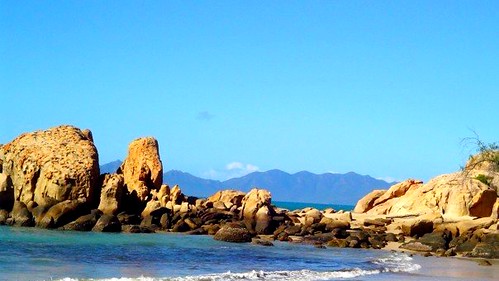Bowen’s attack a sign nuclear support is growing: Libs
Bowen #Bowen

Sydney Airport chief executive Geoff Culbert says the country’s biggest airport is pushing the case for liberalisation of bilateral air rights, describing the current process as “reactionary, drawn out, and tend[ing] to follow an increase in demand for capacity rather than creating supply ahead of time”.
Culbert said airlines needed certainty to make purchases and market new routes, suggesting the government should take a five-year view to maximise the attraction of Australia as a destination for foreign carriers.
He also pointed to the sharp difference in how many air rights are available with the UAE – where Qantas partner Emirates is based, along with Etihad – and Qatar.
“The Bilateral to the UAE permits 168 flights a week. The Bilateral to Qatar permits 28 flights a week. That’s 168 versus 28. When you go a layer deeper you see that airlines flying to and from the UAE are only using 84 of the 168 flights they’re allowed, while Qatar are using all of their 28 flights,” Culbert said.
He said Sydney Airport had only recovered 75 per cent of its pre-COVID capacity to the Middle East market.
“We have an airline that wants to add new services immediately, but they can’t because their Bilateral is full. At the same time we have 84 flights a week from the UAE that aren’t being used at all. That’s just inefficient. It leaves a gap of 25 per cent in the Middle East market, less choice for consumers, and ultimately higher prices,” Culbert said, countering Qantas’ claims that Qatar’s additional capacity would flood the market.
Culbert said it was time to modernise both the slot regime and the bilateral process, to benefit consumers.
“The biggest winner from modernisation of the scheme will be the consumer,” he said.